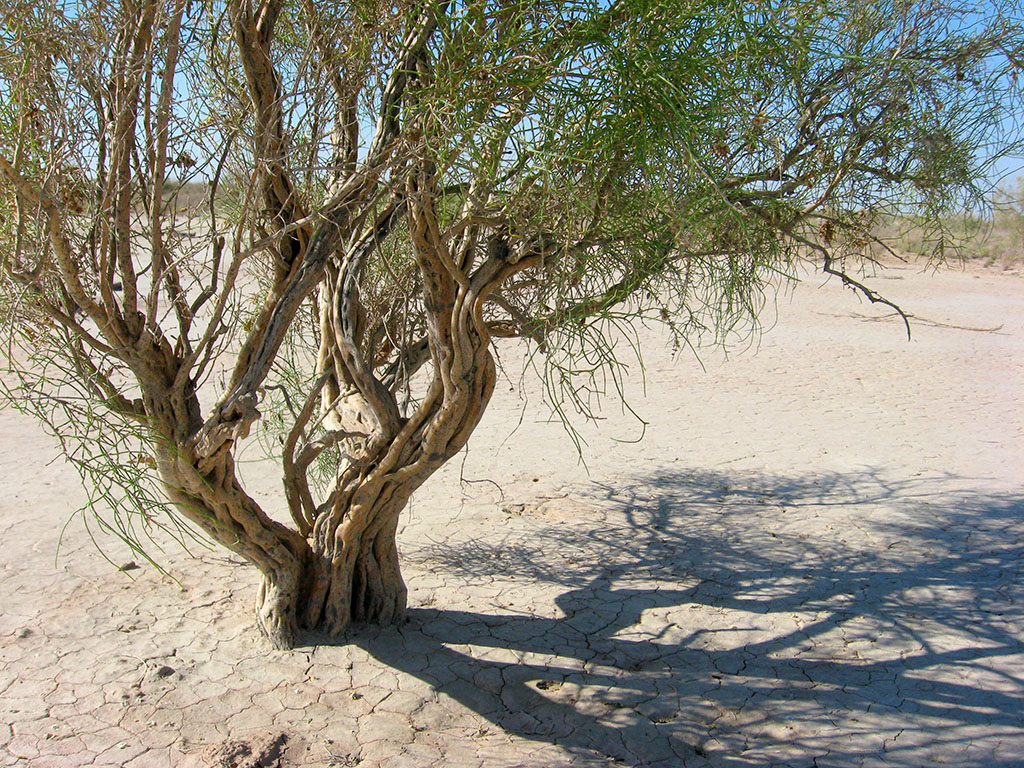The Biotechnology Department of the International Scientific and Technological Park, operating under the Academy of Sciences of Turkmenistan, has been granted a patent for a new technology that utilizes blue-green algae (cyanobacteria) to address desertification. The technology aims to restore degraded land.

Cyanobacteria contribute significantly to the enhancement of soil ecosystems, primarily by participating in biochemical processes and facilitating soil formation. Their capability to transform desert landscapes into productive land positions them as a key resource in combating desertification.
Altyn Rakhmanova, head of the Biotechnology Department, emphasized that cyanobacteria offer an efficient solution for rehabilitating sandy and desert lands in Turkmenistan. She highlighted the economic impact of shifting sands, which disrupt agricultural fields, waterways, and infrastructure such as transportation routes and irrigation systems. Rakhmanova noted that tackling wind erosion and stabilizing sand are priority areas, and the use of cyanobacteria has proven effective in this regard.
Turkmenistan is actively involved in various national and international efforts to combat desertification, focusing on reforestation and afforestation projects, particularly in areas such as the Karakum Desert. The introduction of biotechnology, including the use of cyanobacteria, plays a central role in the state’s development plan for 2024-2028.
The application of biotechnologies based on algae also presents potential benefits in other sectors, such as the production of construction materials and bioproducts.
Follow Daryo's official Instagram and Twitter pages to keep current on world news.
Comments (0)